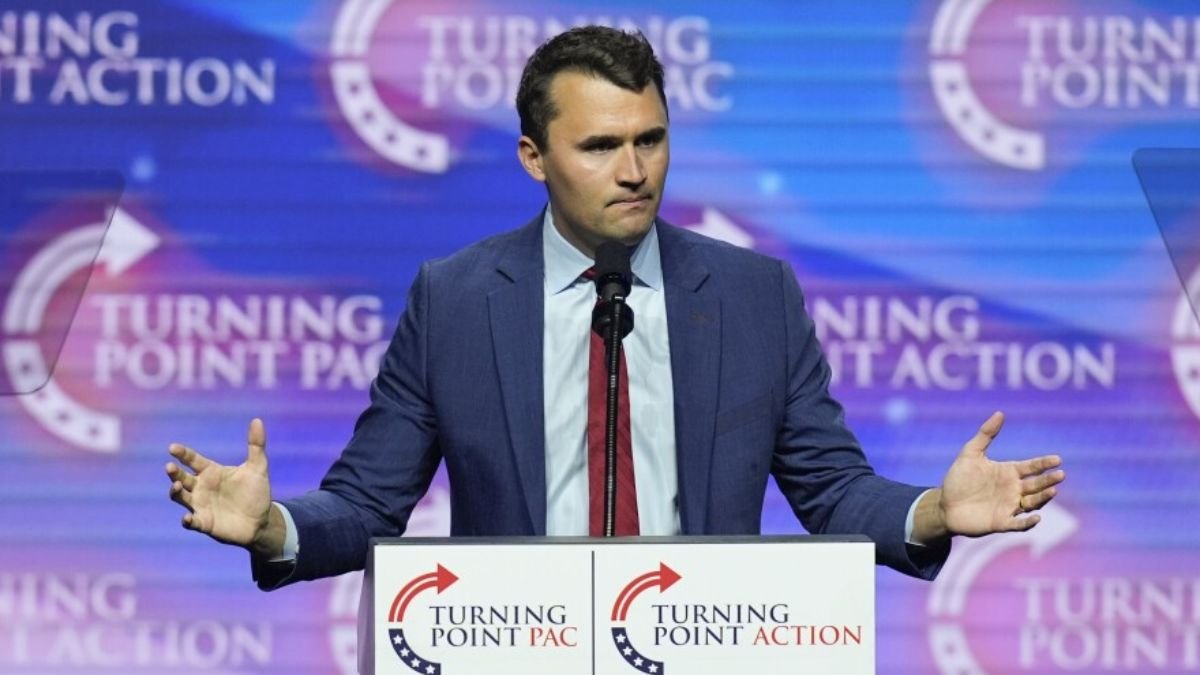President Donald Trump grew unusually tight-lipped on Friday during a Fox News interview when pressed on what his administration would do if the courts struck down his controversial tariff policy.
“Well, I don’t want to talk about it,” Trump told Fox & Friends host Lawrence Jones when asked what the administration’s next steps would be if the Supreme Court ultimately upholds a lower court ruling that declared the tariffs illegal. “I guess we’ll find something, but it would be a very tough thing to lose that case.”
Tariffs have been a cornerstone of Trump’s economic strategy, especially during his second term. Designed in part to boost domestic manufacturing, these taxes on imported goods have targeted hundreds of countries, raising the cost of certain foreign products in an effort to make U.S. manufacturing more competitive. However, the approach has faced mounting legal challenges. Just last month, a federal court deemed many of these tariffs unlawful, prompting the administration to escalate the issue to the Supreme Court, which agreed to hear the case this November.
For Trump, the stakes could not be higher. During the Fox interview, he framed the impending Supreme Court decision as historic.
“That Supreme Court case is so important,” Trump said. “We should win the tariff case on its legal merits – if we don’t, we would have to give back trillions of dollars! That case is one of the most important cases in the history of our country.”
Trump has consistently defended the tariffs as a driver of economic growth, pointing to what he calls an economic boom under his leadership. Yet public opinion has been far less enthusiastic. Polling suggests that Americans are increasingly skeptical of the tariffs’ benefits. Last November, a CNN-analyzed poll found that 52% of Americans supported new tariffs on imported goods. By late August, support had fallen sharply to 40%, with 60% opposed. Furthermore, 77% of respondents believed tariffs would lead to higher prices on goods in the short term.
The economic impact of these tariffs has been immediate. Following a 90-day pause, Trump resumed the tariffs on August 7. Almost instantly, consumers felt the effect: prices for many goods began to rise, job growth slowed, and inflation crept upward. These developments underscore the difficult balancing act that comes with imposing broad tariffs, which are intended to protect domestic industries but often lead to higher costs for consumers.
Experts have warned that the stakes extend far beyond immediate economic effects. If the Supreme Court rules against the Trump administration, the United States could face the prospect of refunding trillions of dollars collected through tariffs, a scenario Trump himself highlighted as catastrophic. Such a ruling would not only have financial implications but could also set a significant legal precedent regarding the limits of presidential power over trade policy.
Despite the growing opposition and legal hurdles, Trump remains defiant. He has framed the tariff case as both a legal and political battle, emphasizing the broader consequences for the nation. In his view, losing would not only have massive economic repercussions but would also represent a significant blow to his broader agenda of strengthening American manufacturing and asserting U.S. leverage in international trade.
The debate over tariffs reflects a larger tension in American economic policy: how to balance protection of domestic industries with the costs borne by consumers and the broader economy. While some industries have seen benefits from tariffs, the widespread perception among the public and many economists is that the costs—rising prices, slowed job growth, and increased inflation—may outweigh these gains.
[inline_related_posts title=”RECOMMENDED” title_align=”left” style=”list” number=”2″ align=”none” ids=”” by=”primary_cat” orderby=”rand” order=”DESC” hide_thumb=”no” thumb_right=”no” views=”no” date=”yes” grid_columns=”2″ post_type=”” tax=””]
As the Supreme Court prepares to take up the case in November, all eyes will be on Washington. For Trump and his administration, the outcome is more than just a legal victory or defeat; it could reshape the economic landscape and influence how future presidents approach trade policy. For ordinary Americans, the decision could affect the prices they pay for everyday goods and the overall direction of the U.S. economy.
Whether the court ultimately rules in favor of Trump or against him, one thing is clear: the battle over tariffs is far from over, and its repercussions will likely be felt for years to come.















